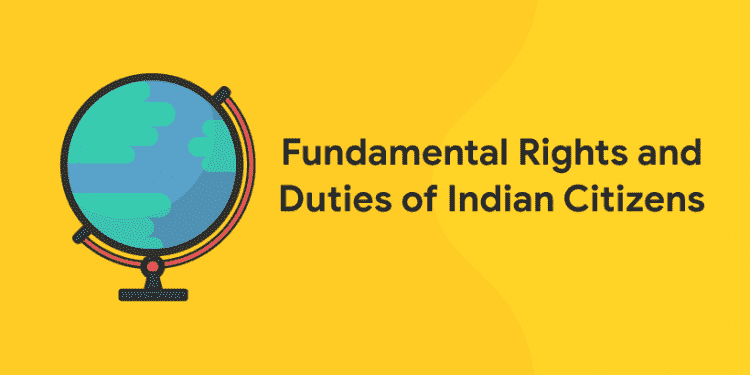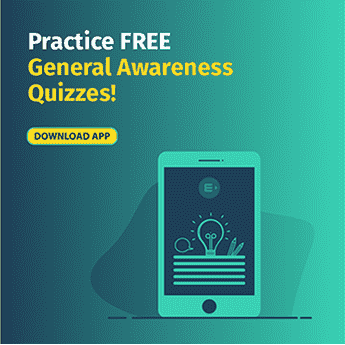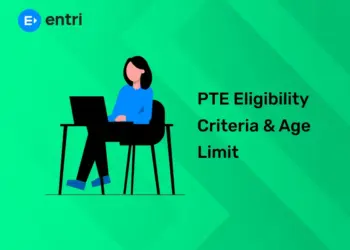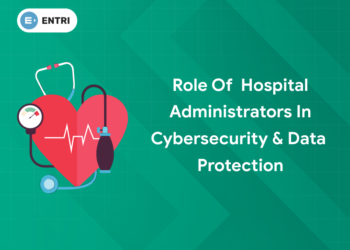Table of Contents
Fundamental rights are a group of rights that have been recognized by the Supreme Court as requiring a high degree of protection from government encroachment. These rights are specifically identified in the Constitution and are applied to everyone regardless of any factors. Fundamental duties are a list of duties accepted nationwide as a citizen’s duty to fulfil.
“Where do these apply in exams?” you may ask. Well, wouldn’t it be a shame if you show up to a government job interview and they ask you your fundamental duties as a general awareness question and you stand there dumbstruck? Don’t worry, we are here to prevent just that.
Directive Principles of State Policy
These directive principles are like a set of guidelines for the state to follow while they make new rules and laws. This is often grouped with the fundamental rights and duties.
These principles are mentioned in part IV of the constitution and are mentioned as articles.
| Article | Significance |
| 37 | Non-enforceability in court |
| 39A | Securing the participation of workers in management of industries |
| 41-43 | Mandate the state to endeavour to secure to all citizens right to work, a living wage, security, maternity relief and a decent standard of living |
| 43 | Promotion of industries
and Establishment of Several Boards for the promotion of Khadi and other handlooms |
| 45 | Free and compulsory education to children between the age group of 6-14
and After the 2002 amendment childhood care age limit was shifted to below 6 years |
| 47 | Raise the standard of living and improve public health
and Prohibition of consumption of intoxicating drinks and drugs injurious to health |
| 48 | Organize agriculture and animal husbandry on modern and scientific lines |
| 48A | Protection of the environment and safeguard the forests and wildlife of the country |
| 49 | Preservation of monuments and objects of national importance |
| 50 | Separation of judiciary from the executive in public services |
| 51 | International peace and security
and Implementation of Laws giving effect to International Treaties |
1: Who was the first woman President of India?
Free UPSKILLING Courses!
Take your first step toward mastering in-demand skills, acing interviews, and securing top-tier jobs with Entri's free upskilling courses.
Start Learning!Fundamental Rights
These fundamental rights are taught in grade 4-6 in most schools so you might already know these but let’s brush up on that memory. (Here the “State” is referred to the central government and not a specific state)
Right to Equality
Right to Equality ensures equal rights for all the citizens. The Right to Equality prohibits inequality based on caste, religion, place of birth, race, or gender. It also ensures equality of opportunity in matters of public employment and prevents the State from discriminating against anyone.
Right to freedom
Right to freedom provides us with various rights. These rights are freedom of speech, freedom of expression, freedom of assembly without arms, freedom of movement throughout the territory of our country, freedom of association, freedom to practice any profession, freedom to reside in any part of the country. However, these rights do have their restrictions.
Right against exploitation
Right against Exploitation condemns human trafficking, child labour, forced labour making it an offence punishable by law. Also applies to people being made to work without minimum wages unless the work is done as part of an NGO
Right to freedom of religion
Right to Freedom of Religion guarantees religious freedom and ensures secular states in India. The Constitutions says that the States should treat all religions equally and impartially and that no state has an official religion.
Cultural and Educational Rights
Cultural and Educational Rights protects the rights of cultural, religious and linguistic minorities by enabling them to conserve their heritage and protecting them against discrimination.
Right to Constitutional Remedies
Right to Constitutional Remedies ensures citizens to go to the supreme court of India to ask for enforcement or protection against violation of their fundamental rights. The Supreme Court has the jurisdiction to enforce the Fundamental Rights even against private bodies, and in case of any violation, award compensation as well to the affected individual.
Fundamental Duties
These fundamental duties are described as obligations of the citizens to help promote the spirit of patriotism and to uphold the unity of India and concern the individuals and the nation.
- To abide by the Constitution and respect its ideals and institutions, the National Flag and the National Anthem.
- To cherish and follow the noble ideals which inspired our national struggle for freedom.
- It also the duty to uphold and protect the sovereignty, unity, and integrity of India.
- To defend the country and render national service for the nation’s security when called upon to do so.
- To promote harmony and the spirit of common brotherhood amongst all the people of India transcending religious, linguistic, social and regional or sectional diversities and also to renounce practices derogatory to the dignity of women.
- One must value and preserve the rich heritage of our composite culture.
- To protect and improve the natural environment including forests, lakes, rivers, wildlife and to have compassion for living creatures.
- To develop the scientific temper, humanism and the spirit of inquiry and reform.
- It is our duty to safeguard public property and to abjure violence.
- To strive towards excellence in all spheres of individual and collective activity, so that the nation constantly rises to higher levels of endeavour and achievement.
- Who is a parent or guardian, to provide opportunities for education to his child, or as the case may be, ward between the age of six to fourteen years.
- According to the 86th constitutional amendment in 2002, it is the duty of the people of India to adapt to make India a safer place to live, to be clean and make the surrounding clean and not to hurt anybody physically and mentally.
Since these are only duties and not heavily enforced laws you might have noticed many people not follow them. It is only obligatory but it is for the well being of the nation after all. Hoping this will help you on your exam or interview, we hope you have a nice day! 🙂













